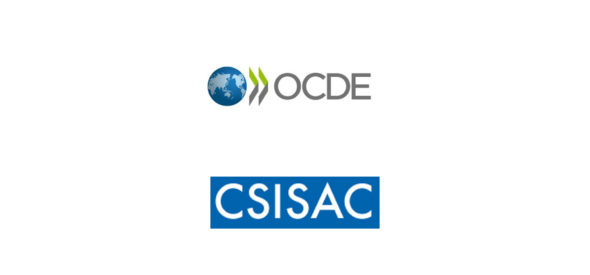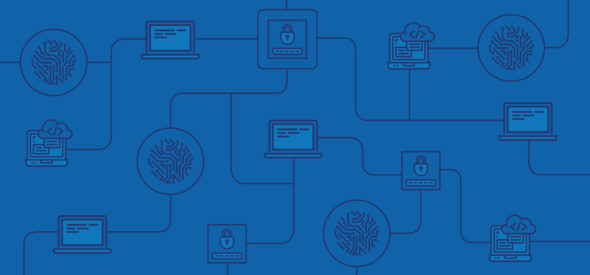ADC participates in OECD public consultation on Responsible Business Conduct
On September 14, the Association for Civil Rights submitted contributions to the online public consultation “Stocktaking exercise on the OECD Guidelines for Multinational Enterprises (LDEM)”. The purpose of the initiative is to take stock of the advances, achievements, and challenges related to the Guidelines and their unique implementation and complaint mechanism in case of non-compliance, allowing for multi-stakeholder participation.
ADC’s contributions:
ADC is a civil society organization based in Argentina that has been striving for the defense and promotion of civil and human rights since 1995 within the country and the region. Over the last decade, sustained technological progress and rapid digitalization have presented inevitable new challenges to the exercise of various types of rights and democratic participation. Hence, the International Business and Human Rights Framework is a central pillar of our work.
Since their last update in 2011, the OECD Guidelines for Multinational Enterprises have played a key role in fostering respect for human rights and responsible business conduct worldwide. To this end, it encourages a differential approach by adopting risk-based due diligence as the process that companies must establish to avoid actual and potential negative impacts to human rights through their activities.
Today, the global context in which the Guidelines are being implemented has changed significantly. The digital revolution and constant technological innovation are giving rise to unprecedented changes, due to their scale, speed, and complexity. Adjusting the Guidelines to ensure their continued relevance and effectiveness represents a major challenge, addressing the current trends which shape a Responsible Business Conduct (RBC) environment.
Digitization, technological innovation, cross-border data flows, and the digital economy can prompt development in its many forms, but can also maintain and exacerbate inequalities within and between countries, as evidenced during the COVID-19 pandemic. This is an opportunity for OECD to bolster its action and update RBC standards, through a broad cross-cutting adjustment of the Guidelines, accounting for the new trends and thus enabling inclusive social, productive, and economic development.
The 2030 Agenda calls for the involvement of the private sector in global development initiatives and the fulfillment of RBC standards is considered an essential part of the business contribution to the Sustainable Development Goals. Nevertheless, the application of due diligence by tech and digital companies is still scattered and scarce.
The OECD is in a position to adopt strategies aiming to improve digital and corporate governance through its National Contact Points (NCPs), in line with the Guidelines to put human rights and sustainability at the core of business models. In addition, it should seek to enhance the interaction between its different bodies, for example, the Committee on Digital Economy Policy (CDEP) and, in turn, with its multi-stakeholder observers, such as CSISAC, representing civil society, TUAC and BIAC.

